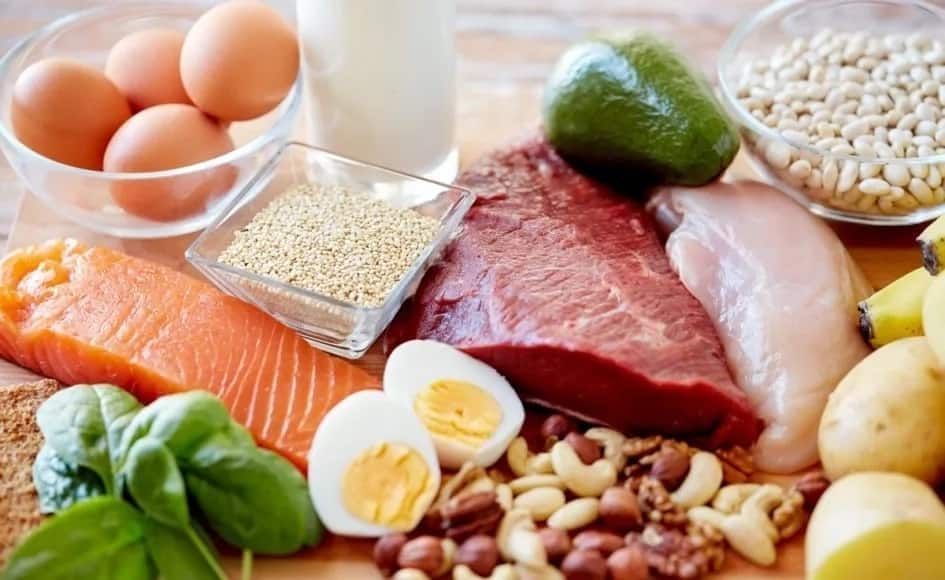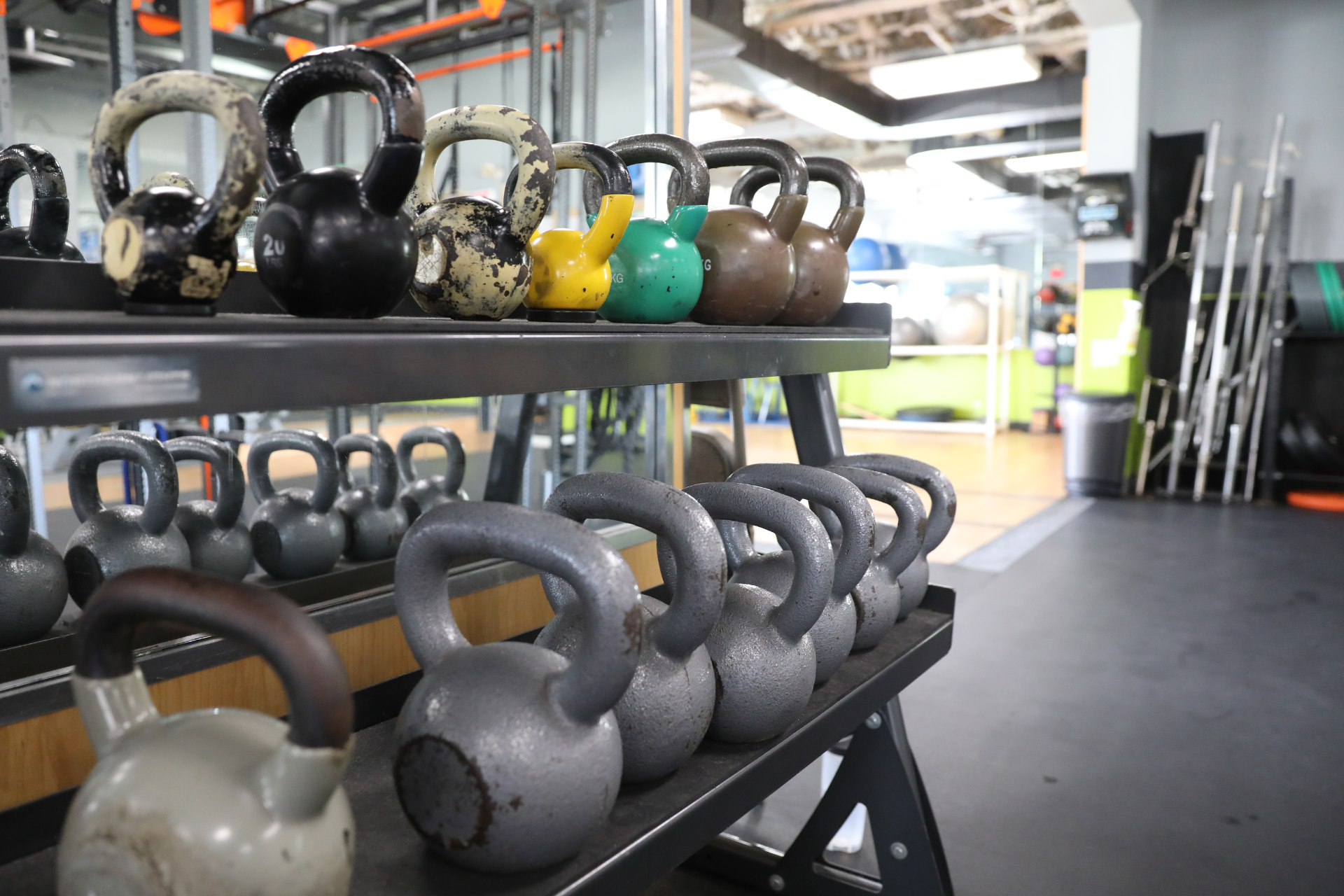Kerri's Top Vegetable - BRUSSELS SPROUTS!

Brussels sprouts are now known to top the list of commonly eaten cruciferous vegetables. Brussels Sprouts are full of the antioxidant, glucosinolate. Their total glucosinolate content has been shown to be greater than the amount found in mustard greens, turnip greens, cabbage, kale, cauliflower, or broccoli. In Germany, Brussels sprouts account for more glucosinolate intake than any other food except broccoli. Glucosinolates are important phytonutrients for our health because they are the chemical starting points for a variety of cancer-protective substances. All cruciferous vegetables contain glucosinolates and have great health benefits for this reason. But it’s recent research that’s made us realize how especially valuable Brussels sprouts are in this regard. Namely, the cancer protection we get from Brussels sprouts is largely related to four specific glucosinolates found in this cruciferous vegetable. Research has shown that Brussels sprouts offer these cancer-preventive components in special combination.
Brussels sprouts have been used to determine the potential impact of cruciferous vegetables on thyroid function. In a recent study, 5 ounces of Brussels sprouts were consumed on a daily basis for 4 consecutive weeks by a small group of healthy adults and not found to have an unwanted impact on their thyroid function. Although follow-up studies are needed, this study puts at least one large stamp of approval on Brussels sprouts as a food that can provide fantastic health benefits without putting the thyroid gland at risk.
Include cruciferous vegetables as part of your diet 2-3 times per week, and make the serving size at least 1-1/2 cups. Even better from a health standpoint, enjoy Brussels sprouts and other vegetables from the cruciferous vegetable group 4-5 times per week and increase your serving size to 2 cups.
Do not overcook Brussels sprouts. Not only do they lose their nutritional value and taste but they will begin to emit the unpleasant sulfur smell associated with overcooked cruciferous vegetables. To help Brussels sprouts cook more quickly and evenly cut each sprout into quarters. Let them sit for at least 5 minutes to bring out the health-promoting qualities and then steam them for 5 minutes. Drizzle with olive, sesame, or avocado oil for more flavor. Or evenly coat with olive oil, salt and pepper and roast in the oven for 15 mins at 350 degrees.










